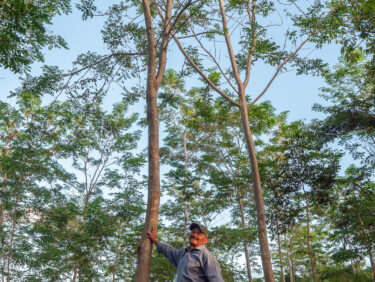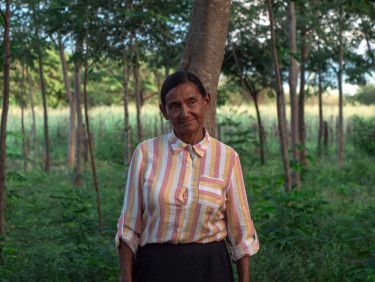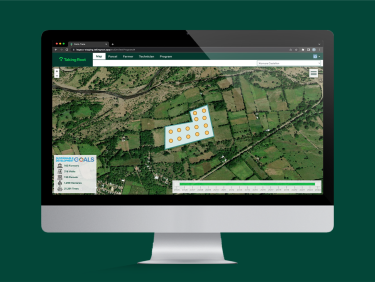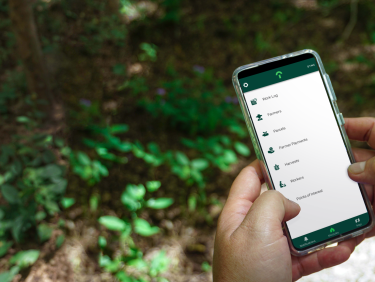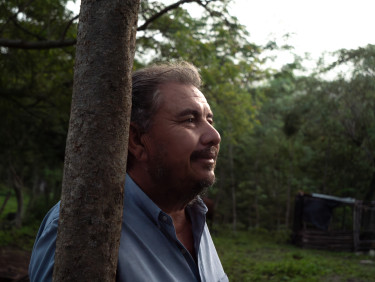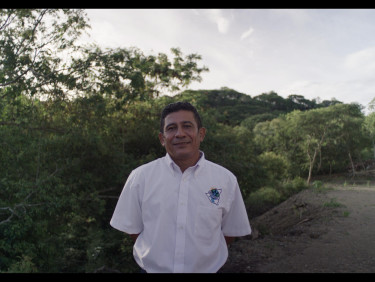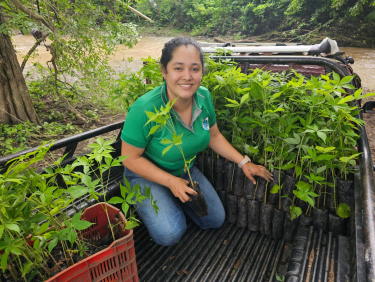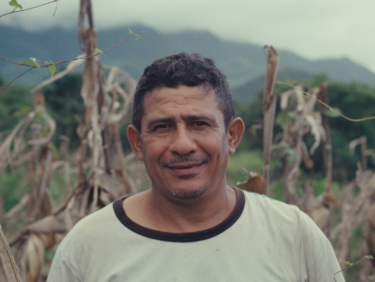CommuniTree – Nicaragua
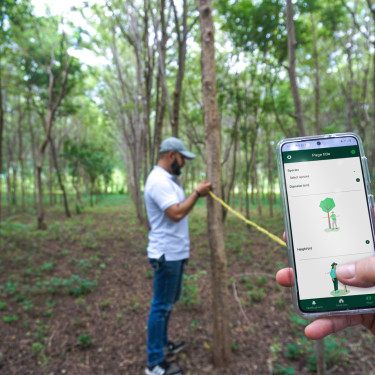

On this page:
About the project
The CommuniTree Carbon Program uses reforestation to create long-term income opportunities for farmers in Central America who are the most vulnerable to the effects of climate change.
The award-winning CommuniTree Carbon Program is the largest reforestation initiative in Nicaragua, working with thousands of smallholder farmers to create long-term income opportunities from growing trees on underused parts of their land.
The CommuniTree Program reports on and communicates these impacts through its use of cutting-edge technology. Using Taking Root’s technology platform (formerly known as FARM-TRACE) the CommuniTree Program uses mobile, satellite and machine learning data to track its impacts with farmers to deliver effective, targeted interventions on farms and give unparalleled transparency to program funders.
My land is better in terms of pollution because the trees are giving us oxygen. The wells have more water and the soil is improving.
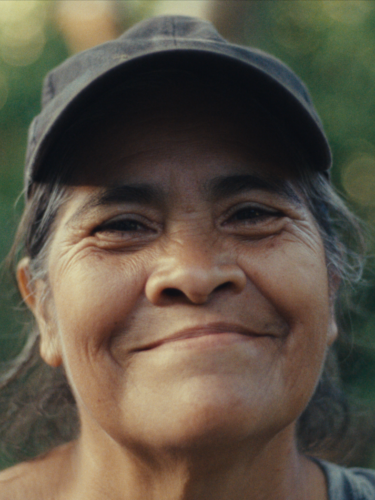
More projects
Find out more about other projects in the region or projects that use similar interventions.
-
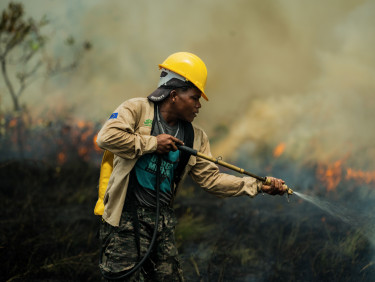
Paskaia Mosquita – Honduras
Building a sustainable future with the indigenous Miskito people in La Mosquitia by preserving and restoring Honduras’ last significant primeval forest area.
-
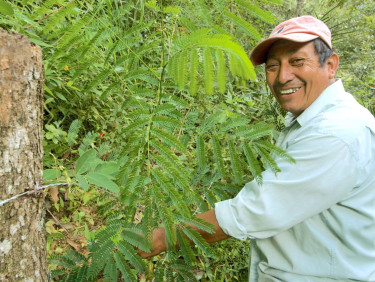
Scolel’te – Mexico
The world’s longest-running ecosystem services project on the Voluntary Carbon Market.
-
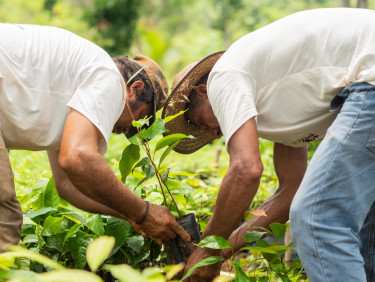
zeroCARBON – Guatemala
Fighting deforestation by regenerating ecosystems in collaboration with local farming communities in Petén, Guatemala.



